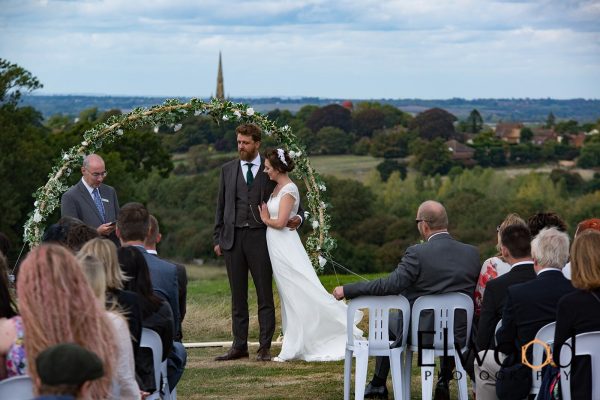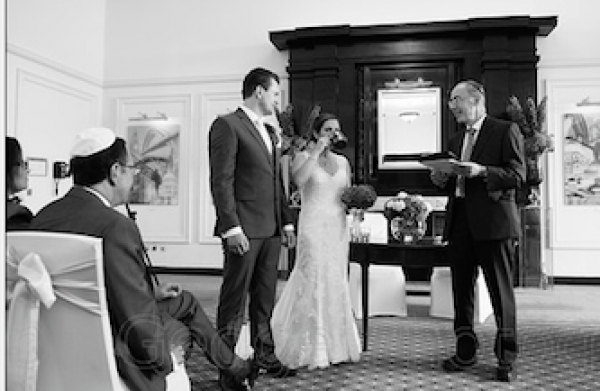
by Michael | Dec 14, 2020 | Blog
There seems to be an upturn of interest in weddings now, as the year wends its weary way to a welcome close.
Naturally, a lot of people are looking at micro-weddings. However, there may still be a need for other suppliers.
Suppliers
If couples want a personalised ceremony, a civil celebrant can still do a brilliant job.
I’d be delighted to explain how, if you contact me.
Planners
I have recently been talking to a number of wedding planners. Most are facing the predictable problems of postponements and even cancellations.
People are ready to use the professional services of a wedding planner, if their wedding is likely to be big or compex, but does it make sense to do so for a smaller-scale event?
Disadvantages
If you engage a supplier like a wedding planner, of course it will set you back. However, not to the extent that you might expect.
Advantages
A planner often offers packages. You don’t necessarily have to engage them for months ahead of the big day. Some can offer the wedding day only, if that suits. Ask them what they offer.
Moreover, if you use the full service, the chances are that you can ultimately save money. That is because they will have a wide network of recommended venues and suppliers, and can negotiate the best prices. So you should be able to access the highest-calibre options available.
Planners can use their experience to deal with issues, so they make your wedding (and the run-up) stress-free. That’s worth a lot!
Finally, but not insignificantly, planners can save you time. You may have a hectic work – and/or social – schedule, and the planner can serve as a sort of PA, which can be extremely valuable.
So don’t avoid the wedding planner because it seems a waste of money. You may gain a lot more than you bargained for, by using one.
Find out more at www.ukawp.com.
To discuss this – or how a civil celebrant can help you – have a chat with Michael.
Photo: www.elwoodphotography.co.uk

by Michael | Apr 29, 2014 | Blog
Much of my work as a civil celebrant involves an interfaith wedding. Not long ago I read that 45% of Americans are intermarried. That includes 46% of mainline Protestants, 32% of Evangelical Protestants, 22% of Catholics and 44% of Jews. I’m sorry I don’t have the UK statistics, but it wouldn’t surprise me if the trend were not similar.
In any case, that means a lot of people are intermarrying.
So what do you have to think about if you are planning an interfaith wedding?
Disadvantages
One obvious problem can be the family (indeed, in my experience, this area can sometimes be very fraught!) .
Whether or not the family is bankrolling the wedding, and therefore ‘pulling the strings’, religion is a potential minefield. Even though the parents may not actually be all that committed church/synagogue-goers, they often have an absolute expectation of a traditional ceremony. So there’s immediately conflict and pressure on the couple.
The couple need to acknowledge and understand the disappointment that intermarriage might cause, and look for some compromise. An example might be that the father can still walk the bride down the ‘aisle’, even if the aisle isn’t actually in a religious building). However, the couple must not be bullied into doing what they do not want or believe.
Another thing the pair need to consider is eventual children, and the question of how (religiously) to bring them up. I don’t think there is any categorical guidance one can really give – it’s a decision for the couple alone, but they do have to be prepared to confront it.
Advantages
Being ‘put on the spot’ means that both partners will need to sort out their religious stance. They can learn about their partner’s customs, and this will help them create a meaningful wedding ceremony – and guide them in their future spiritual life together.
They will be able to work with their celebrant to agree on a service that is in accordance with their beliefs and desires. They can then include customs and traditional rituals from either religion as they choose – a kind of “edited highlights”, perhaps?
The couple can also select readings relevant to them and which underline their mutual love and willingness to make a commitment to each other. These personalised readings can lift the occasion far above the mundane.
Compromise
Parents can be reassured that any grandchildren will be taught about their religious background (even if they may not actively practise it), that they will visit for certain religious holidays, and that parents will be able – and welcome – to play a part in their grandchildren’s lives.
It may take time, but a beautiful interfaith wedding may actually bring the families together and pave the way to harmony.
Featured image: courtesy of Philippa Gedge


